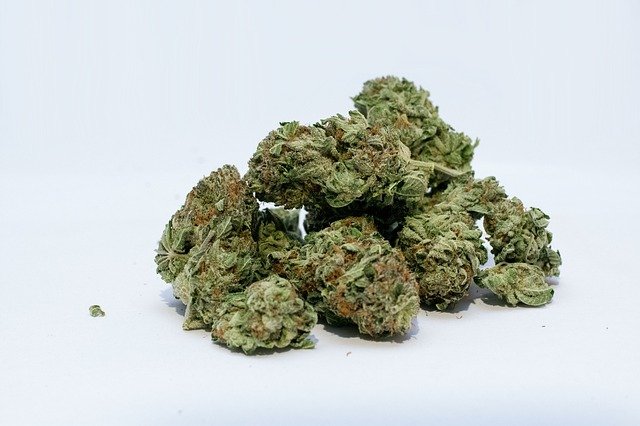
As marijuana legalization sweeps North America, use of the substance has been on the rise, and the public’s attitude is shifting.
An increasing number of people believe that “weed” is the safest recreational drug, one that carries health benefits that outweigh its risks.
Those assumptions are challenged in a new study that examines the story of a patient who developed crushing chest pain and myocardial ischemia after consuming most of a marijuana lollipop.
The case report describes a 70-year-old man with stable coronary artery disease, taking the appropriate cardiac medications.
He ate most of a lollipop that was infused with 90 mg of THC (delta-9-tetrahydrocannabinol) to relieve pain and aid sleep, which caused him to have a potentially-serious heart attack.
He consumed a much larger dose than the 7 mg that is typically ingested by smoking a single joint or taking the 2.5 mg starting dose of dronabinol (Marinol), a synthetic THC marketed for nausea and appetite stimulation in AIDS and cancer patients.
While the patient had smoked marijuana in his youth, he had not done so since the THC content of the substance had increased significantly from three percent to 12 percent.
He was also not familiar with the time-delayed and extended effect of oral THC dosing.
The patient’s cardiac event was likely triggered by unexpected strain on his body from anxiety and fearful hallucinations caused by the unusually large amount of THC he ingested.
His sympathetic nervous system was stimulated, causing increased cardiac output with tachycardia, hypertension, and catecholamine (stress hormone) release.
After the psychotropic effects of the drug wore off, and his hallucinations ended, his chest pain stopped.
A number of prior case reports, as well as epidemiological studies, have described the association between cannabis use and acute cardiovascular (CV) adverse events, including myocardial infarction, stroke, arrhythmias, and sudden death.
CV toxicity of marijuana is described in an accompanying editorial.
It can be viewed as a consequence of one or more the following: 1) inhalation of combustion products of marijuana; 2) direct CV effects of THC; and 3) indirect effects of THC related to acute anxiety, hallucination, and/or psychosis.
Individuals who are THC-naïve and are not used to taking mind-altering drugs can become highly distressed by impaired cognition and feelings of loss of control produced by THC.
Extreme emotional responses in the context of THC psychiatric toxicity are associated with surges of catecholamines, which can have adverse acute CV effects.
Important considerations with respect to cannabis toxicity are the pattern of use, dose, route of administration, and degree of tolerance.
The study is published in the Canadian Journal of Cardiology.
Copyright © 2019 Knowridge Science Report. All rights reserved.
Source: Canadian Journal of Cardiology



